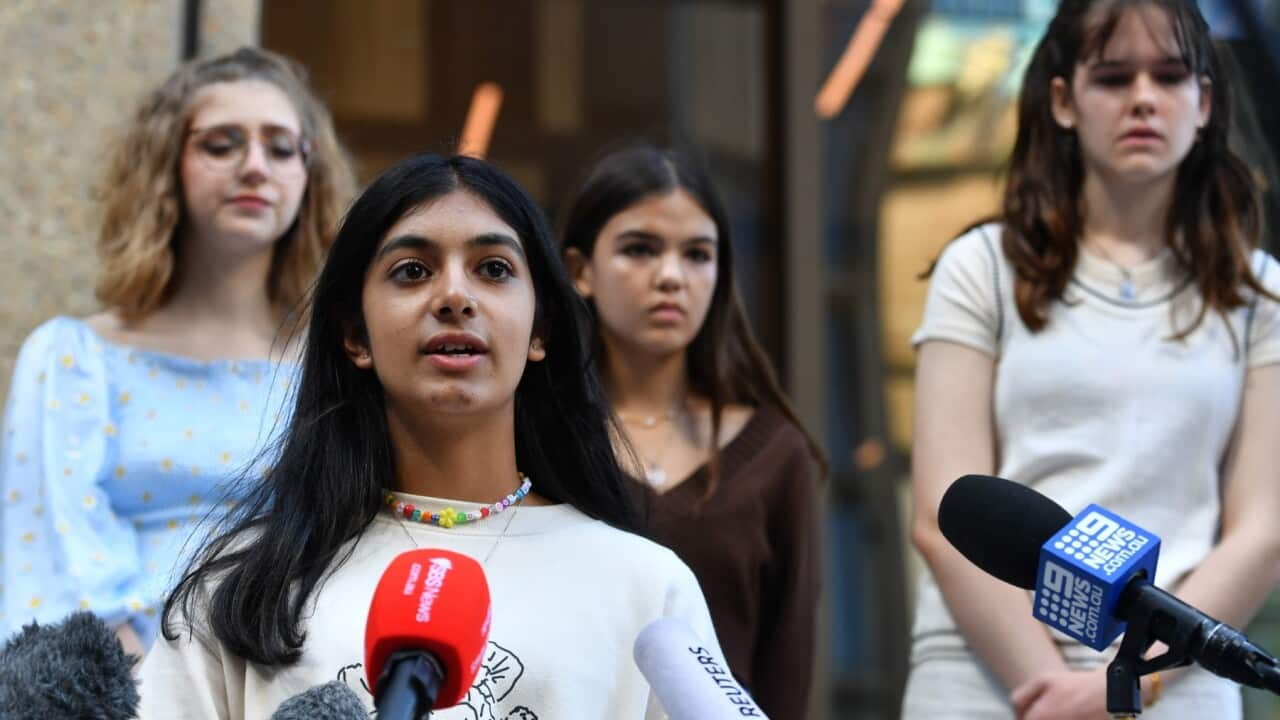A total of $5,217,705 has been allocated to the collaborative projects that were chosen from more than 80 applicants from round 14 of the
said the project underlined the growing strength of the Australia-India relationship.
Highlights:
- $5.2 mln in grants for Australia-India research projects
- Projects address six out of eight priority areas agreed to by two governments, including quantum technologies, critical minerals, and infection prevention and control
- Australian Indian scientists welcome the move
“The Australia-India Strategic Research Fund is strengthening the links between Australia and India and creating new innovation networks of global significance,” Ms Price said.
“These cutting-edge projects will benefit both countries and show what is possible when our leading research institutions and industries work closely together," she added. “The projects address six out of eight priority areas agreed to by our two governments, including quantum technologies, critical minerals, and infection prevention and control. I look forward to the development of these projects and further scientific and research cooperation between our nations in the future,” she said.
“The projects address six out of eight priority areas agreed to by our two governments, including quantum technologies, critical minerals, and infection prevention and control. I look forward to the development of these projects and further scientific and research cooperation between our nations in the future,” she said.

Minister for Science and Technology Melissa Price Source: AAP Image/Roy Vandervegt
The projects, successful Australian applicants, and grant amounts are:
- Development of low-cost, portable, and solar-powered optical sensing technology for online monitoring of contaminants in groundwater, University of Sydney ($979,931).
- Prevention of blindness using digital technologies at primary care centres, The University Of Notre Dame Australia, Fremantle ($912,000).
- Research into the structural dynamics of SARS-Cov-2, University of Melbourne ($894,513).
- Advanced recovery of the battery materials and rare earth elements from ores and wastes, University of South Australia ($905,881).
- Development of a versatile protein mimicry platform to deliver the next generation of bioadhesives for mending soft tissues, Royal Melbourne Institute of Technology ($525,380).
- Quantum-enhanced atomic gravimetry for improved sensing capabilities, Australian National University ($1,000,000).
The Indian Government will support the Indian partners in the projects, the minister said in the statement.
Welcoming the move, India-born scientist Prof S S Vasan, said, "Democracy, defence, diaspora, and dosti are the four Ds underpinning the Australia-India relationship.” “These grants are a great step in that direction and to advance strategic research collaborations,” Prof Vasan, who is the COVID-19 science leader for Australia’s science agency CSIRO, told SBS Hindi.
“These grants are a great step in that direction and to advance strategic research collaborations,” Prof Vasan, who is the COVID-19 science leader for Australia’s science agency CSIRO, told SBS Hindi.

Prof S S Vasan Source: Supplied by CSIRO
Lauding the initiative, Dr Onisha Patel, a structural biologist at the Walter and Eliza Hall Institute of Medical Research (WEHI) in Melbourne, said, "Continued support by the two governments for funding initiatives like this will bring together scientists to work on ambitious research projects in key priority areas that are mutually beneficial. Investment in research and development is critical to driving the economic growth in both countries." "With the launch of platforms like the ARCH-India and contributions made by the Indian diaspora working within the Australian research sector, there is no doubt we will see more collaborations between the two nations in the future," Dr Patel said.
"With the launch of platforms like the ARCH-India and contributions made by the Indian diaspora working within the Australian research sector, there is no doubt we will see more collaborations between the two nations in the future," Dr Patel said.

Dr Onisha Patel works at the Walter and Eliza Hall Institute of Medical Research (WEHI) in Melbourne Source: Supplied by Dr Onisha Patel
The AISRF is Australia’s largest fund dedicated to bilateral science cooperation. It helps build links between Australia and India’s top universities, research institutions, and the end-users of scientific innovation.


